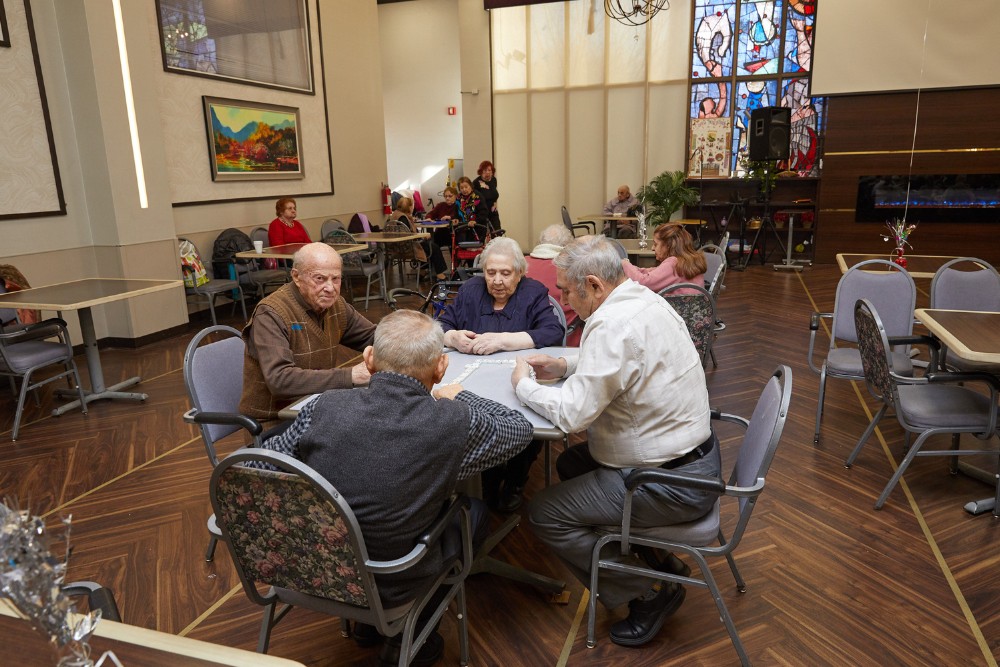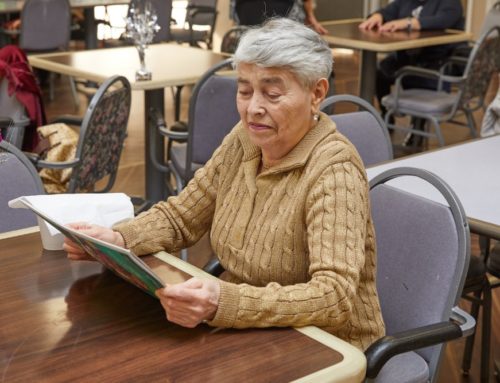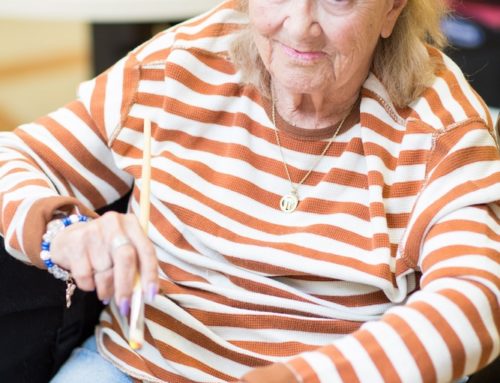4 Problems Faced by the Elderly That Often Go Unnoticed
Health and financial concerns are common problems elderly citizens face. However, a few other issues are often unspoken despite the challenges they cause. These include poor access to resources, a lack of technical skills, and an inability to navigate online services.
For many seniors, these issues cause further deterioration in their lifestyle. They often lose their sense of purpose. The lack of information on where and how to get help also causes confusion, frustration, and stress. Over time, their mental and emotional health declines, increasing their risk of neurological problems.

4 Most Common but Unknown Elderly Problems
Seniors may require more assistance than others but often don’t ask for help. They may want to maintain their independence, avoid seeming weak or needy, or have no one to ask. The following sections cover the most common but rarely discussed issues these individuals face.
1. Lack of access to healthcare resources
Recent studies show 47% of seniors have internet at home, and 59% go online. Despite these numbers, many older adults aren’t comfortable with technology and don’t even own a cell phone plus automated customer service systems that often refer you back to the website.
In terms of healthcare, this creates several problems for the elderly. Many medical resources require online use for services, registration, and information. Lack of internet skills and complex password requirements prevent many seniors from accessing these features.
Experts also state that 8 in 10 seniors struggle using forms, charts, and other medical documents. Without assistance, seniors are left without the aid or care they require.
2. Worsening living standards
Worsening living conditions is another rarely discussed problem facing the elderly. Studies show 80% of those over 60 can’t afford a financial shock, including long-term care. Experts also state that 20% of older adults have no assets available when support is needed.
Several cuts are made when seniors struggle financially, including food and medical supplies. Fear of judgment prevents them from seeking help from loved ones or the community. Elderly citizens continue to suffer silently, worsening their health and increasing their financial burden.
3. Feeling isolated and like a burden
Several factors contribute to social isolation in seniors. These include financial stress, illness, disability, and limited access to transportation. The loss of spouses and close friends also reduces their social connection. Their existing families may also be busy with work or other obligations or live too far away for regular visits.
The isolation problem worsens over time, as the elderly often avoid burdening others. Unfortunately, doing so causes several mental and physical complications that could make socializing even more difficult. These include cognitive
4. Poorly advertised senior’s programs and resources
Though seniors no longer require formal education, they enjoy learning new things. With fewer obligations, they have more time to accomplish their goals. Unfortunately, it isn’t always easy to find classes or activities they’re interested in. A lack of high-quality courses for the elderly and qualified teaching staff is also part of the problem.
Another problem is that it is not that easy to find the programs and resources available as most of them are not being advertised. Getting registered can also be challenging in some places where there is high demand.
Those available are often poorly advertised. Things are worse for those who don’t have or are uncomfortable with the internet. Non-local programs may be unreachable for those without reliable transportation or mobility problems. Even helpful resources, including nutritional service programs, health education, or senior centers, may be avoided for these reasons.
Resources:
- Pew Research Center, April 3, 2014, Older Adults and Technology Use
https://www.pewresearch.org/internet/2014/04/03/older-adults-and-technology-use/ - ODPHP, Social Detriments of Health and Older Adults
https://odphp.health.gov/our-work/national-health-initiatives/healthy-aging/social-determinants-health-and-older-adults#4 - National Council on Aging, April 19, 2023, 80% of Older Americans Cannot Pay for Long-Term Care or Withstand a Financial Shock, New Study Shows
https://www.ncoa.org/article/80-percent-of-older-americans-cannot-pay-for-long-term-care-or-withstand-a-financial-shock-new-study-shows/ - PubMed Central, July 1, 2022, Community-dwelling older adults who are low-income and disabled weathering financial challenges
https://pmc.ncbi.nlm.nih.gov/articles/PMC8316314/ - AIFS, February 2024, Social isolation: Factor, dynamics, and effects of isolation for older people
https://aifs.gov.au/research/research-snapshots/social-isolation-factors-dynamics-and-effects-isolation-older-people - National Institute of Aging, April 23, 2023, Social isolation, loneliness in older people pose health risks
https://www.nia.nih.gov/news/social-isolation-loneliness-older-people-pose-health-risks - Frontiers, October 9, 2022, The promotion of active aging through older adult education in the context of population aging
https://www.frontiersin.org/journals/public-health/articles/10.3389/fpubh.2022.998710/full
This article is for educational and informational purpose only and does not substitute for professional medical advice. For any questions about your own health condition, speak to a qualified physician or healthcare provider.







Leave A Comment